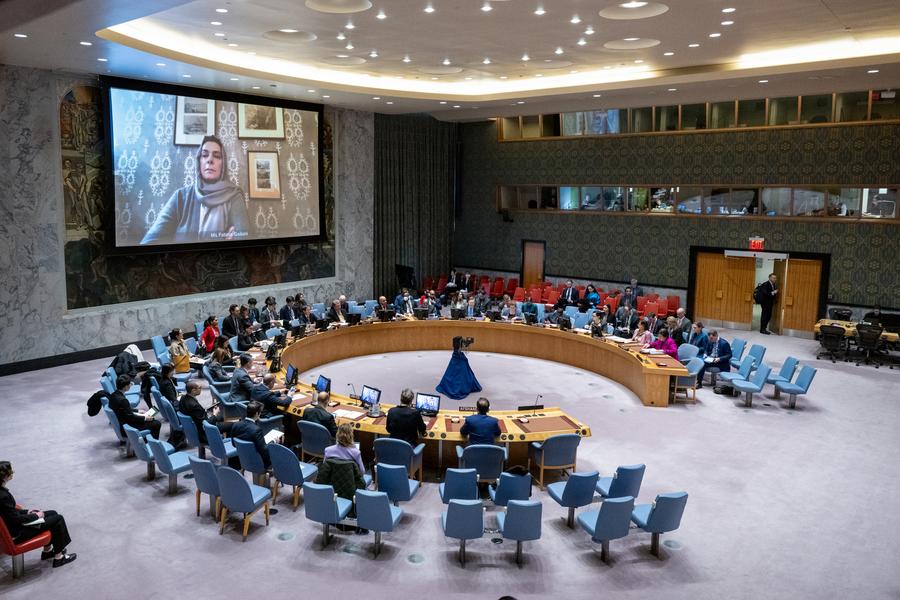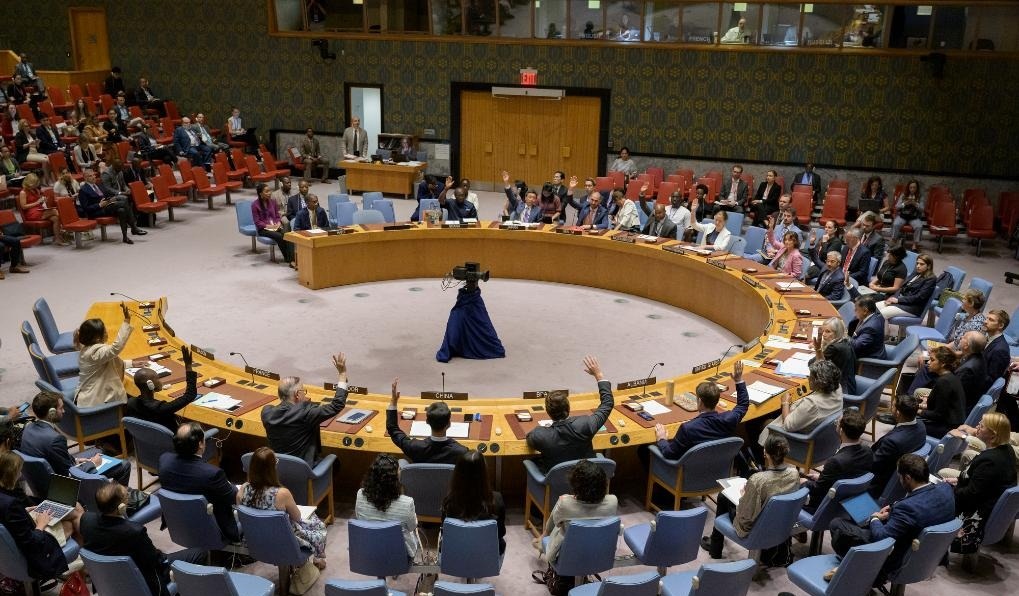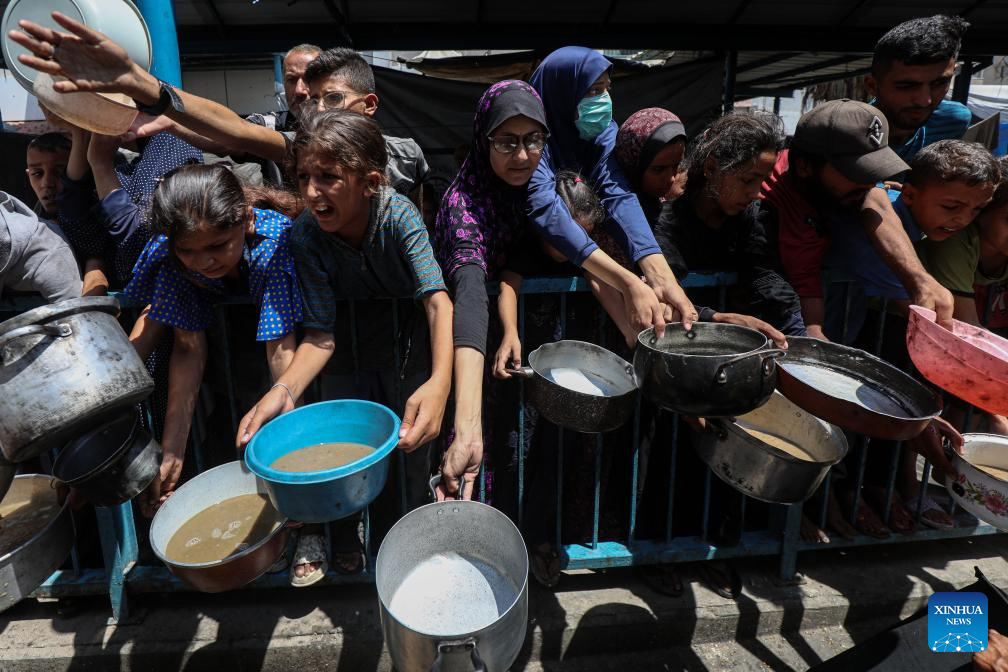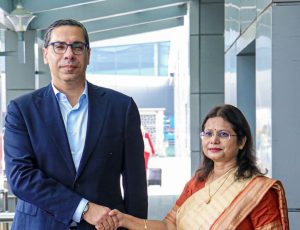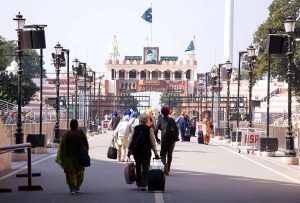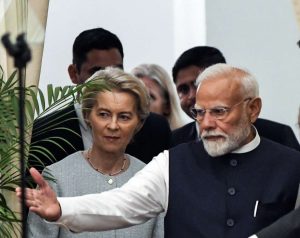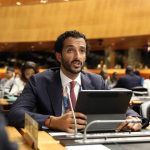According to the newly launched initiative, faster progress on AI is vital to make this happen, especially in low and middle-income countries, where the most lives are lost on the roads each year, reports Asian Lite News
Countries and investors need to step up the development and use of artificial intelligence (AI) to keep roads safe for everyone, three UN Special Envoys said on Thursday, leading a new AI for Road Safety initiative.
The Sustainable Development Goals (SDGs) include a call for action to halve the annual rate of road deaths globally and ensure access to safe, affordable and sustainable transport for everyone by 2030.
According to the newly launched initiative, faster progress on AI is vital to make this happen, especially in low and middle-income countries, where the most lives are lost on the roads each year.

According to the World Health Organisation (WHO), approximately 1.3 million people die annually as a result of road traffic crashes. Between 20 and 50 million more suffer non-fatal injuries, with many incurring a disability.
AI can help in different ways, including better collection and analysis of crash data, enhancing road infrastructure, increasing the efficiency of post-crash response, and inspiring innovation in the regulatory frameworks.
ALSO READ: India, UK hold talks on Cyber Capacity Building
This approach requires equitable access to data and the ethical use of algorithms, which many countries currently lack, leaving them unable to identify road safety solutions.
AI for Road Safety brings together Special Envoys for Road Safety, Technology and the International Telecommunication Union (ITU).
Announcing the initiative, the ITU Secretary-General, Houlin Zhao, said the disproportionate number of road deaths in developing countries “is yet another example of why the benefits of new technologies must reach everyone, everywhere”.
Road Safety Envoy Jean Todt said, “there is an untapped opportunity to harness AI to close the digital and road safety divide around the world.”
As the first partially self-driving cars come on the market, the future of automated driving is back in the limelight. At the same time, the COVID-19 pandemic is shifting mobility trends and increasing a preference for personally-owned cars.
Back in March, though, Mr. Todt said that much work remains to meet the target to halve the number of road deaths and injuries by 2030.
“Connected vehicles are far from reaching the communities that are most affected by road traffic crashes. The infrastructure in many countries could not support autonomous driving anytime soon. The cost of the technology is still very high,” he stated.
The new initiative aims to strengthen global AI efforts across the public and private sectors to improve safety for all road users — whether traveling by automobile, motorcycle, bicycle, foot or other transportation modes.
For Maria-Francesca Spatolisano, UN Envoy on Technology, this initiative “is a noteworthy effort to focus on practical, real-world technology issues that concretely affect peoples’ lives.”


